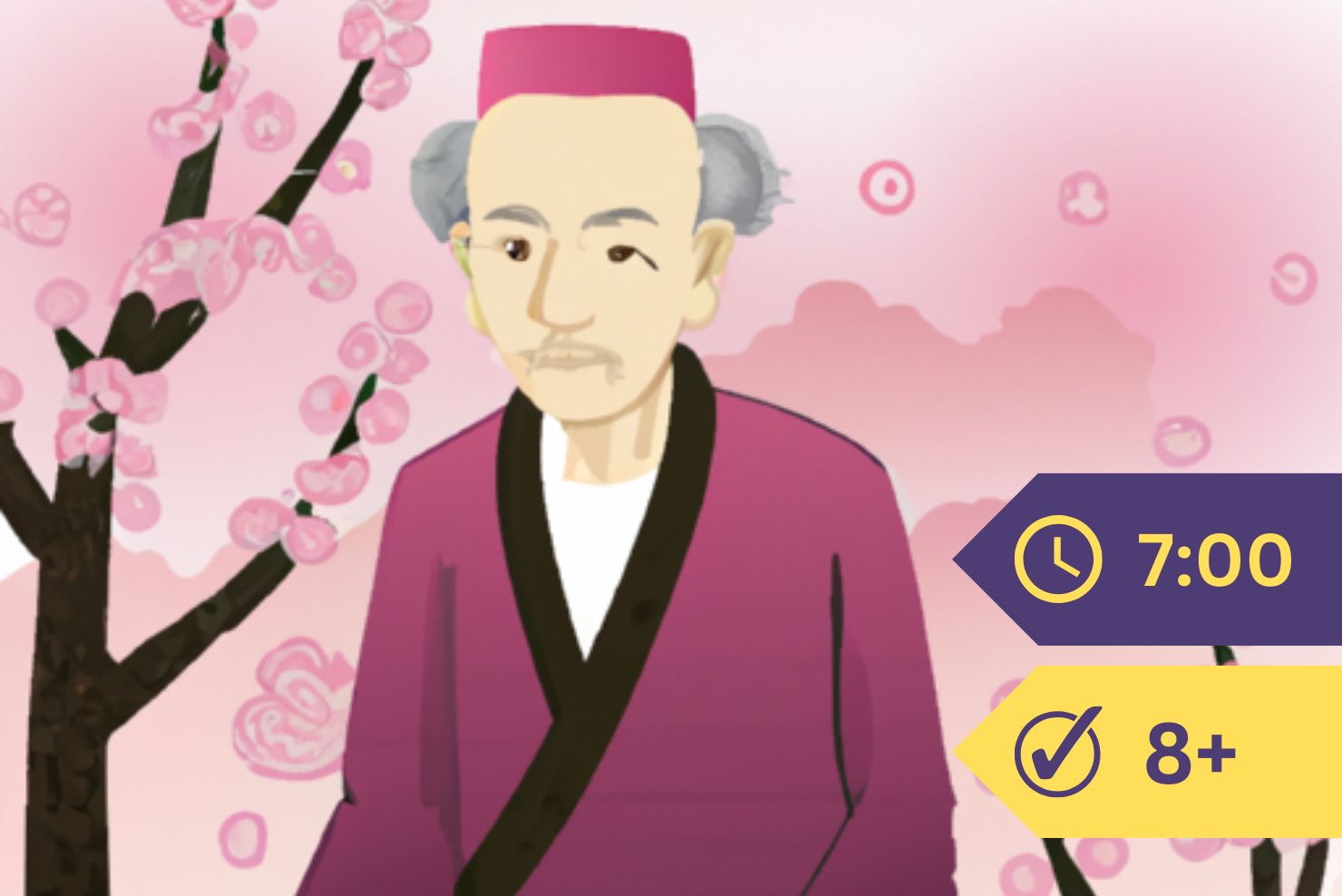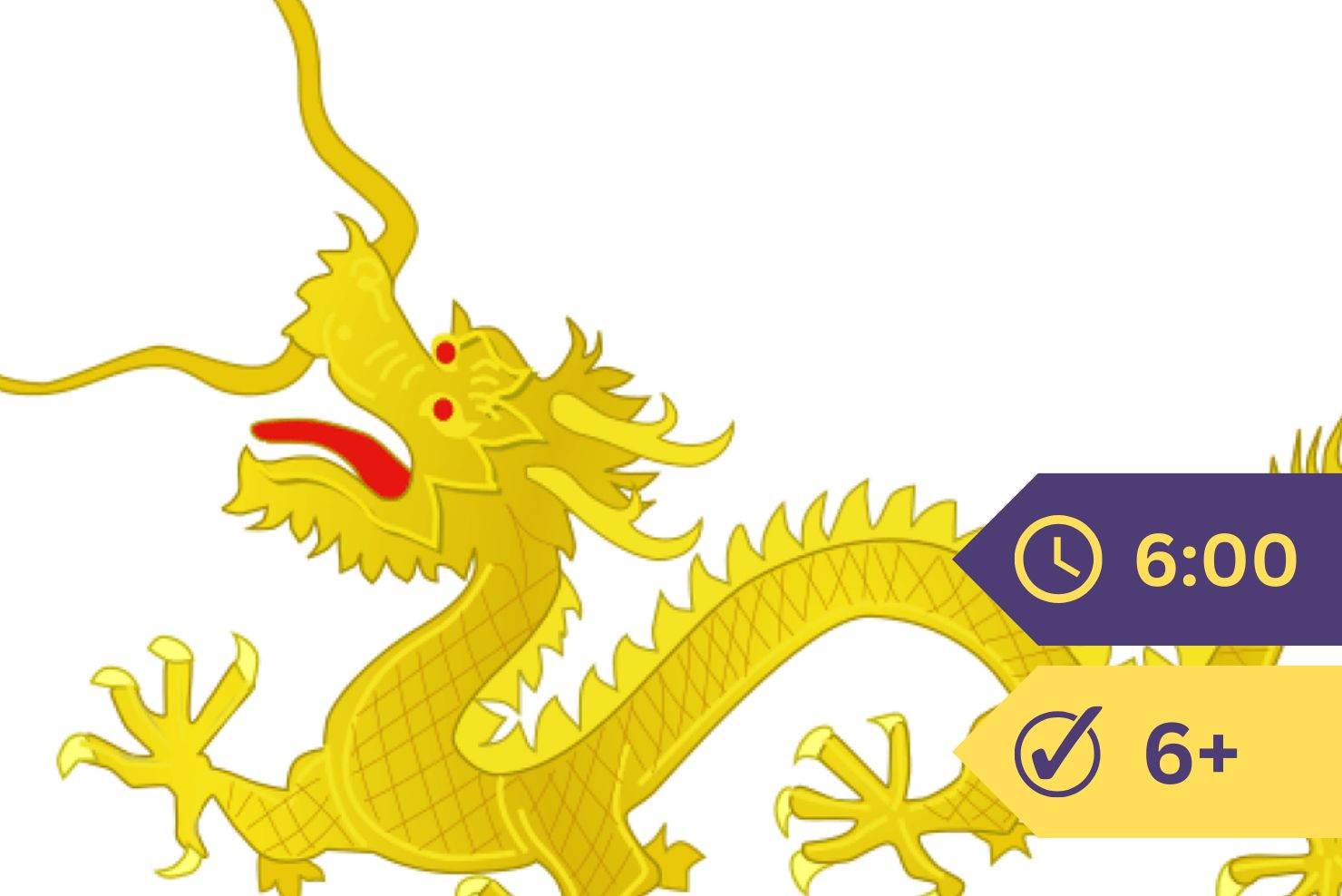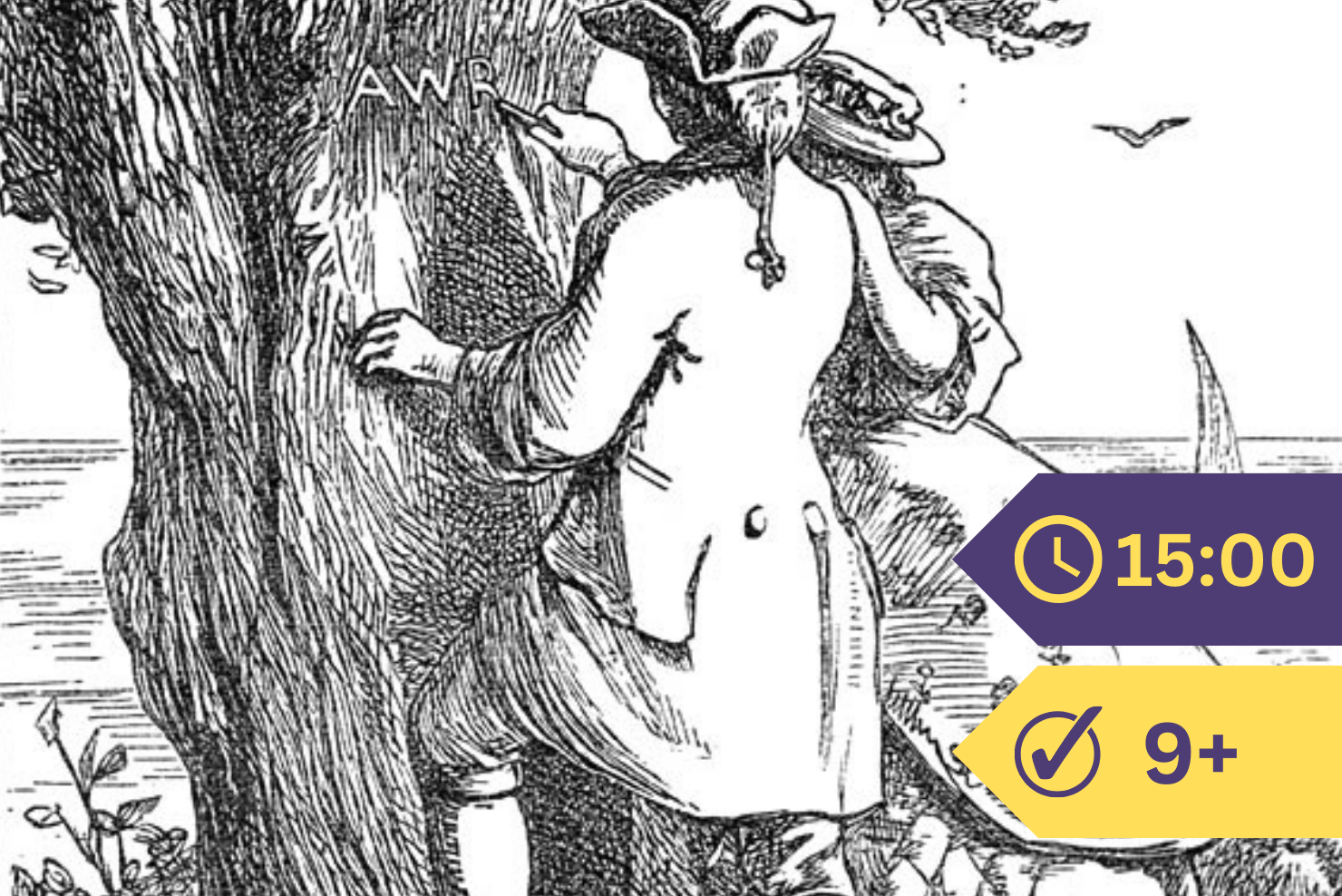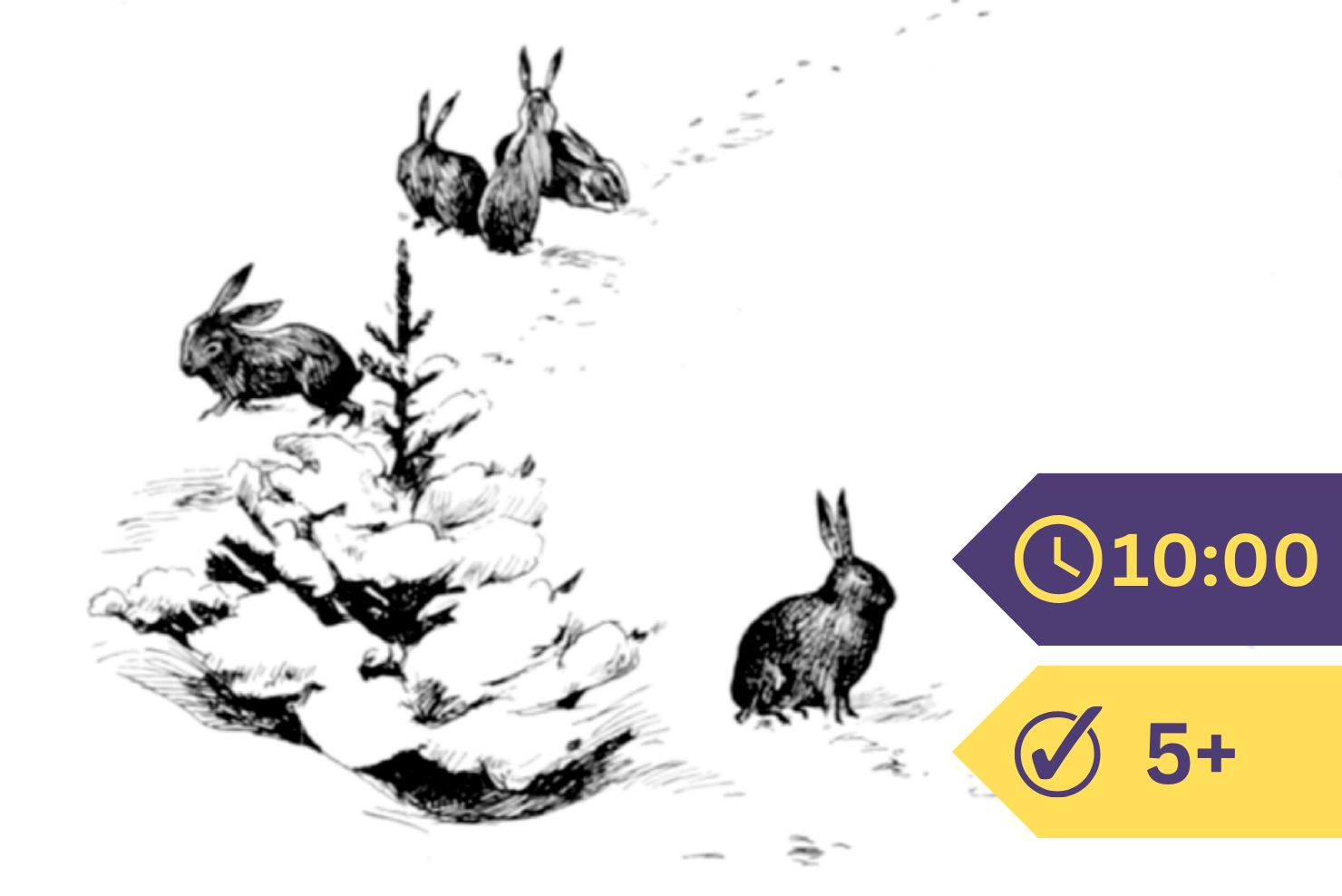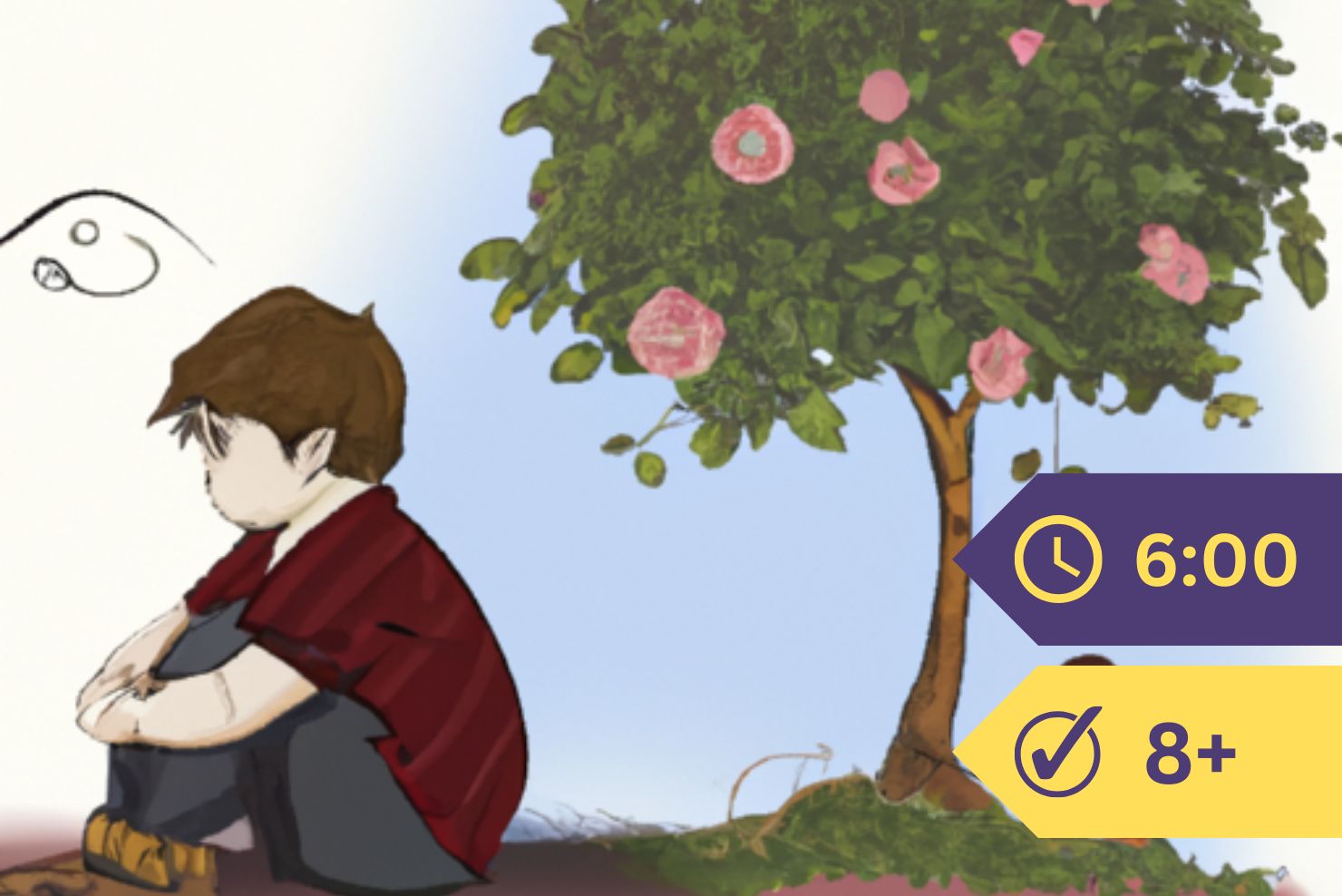Tomodata, a young samurai, was loyal to his Daimyo, the warlord of Noto. He was an excellent soldier, a courteous courtier, and a gifted poet. He had a kind voice and a handsome face. He was noble and delivered eloquent speeches. He was a graceful dancer and excelled in all male sports. He was also rich, generous, and kind, loved by both rich and poor.
Now, Tomodata’s Daimyo, the warlord of Noto, was looking for a man for a mission of trust. He chose Tomodata and summoned him.
“Are you loyal?” asked the Daimyo.
“My Lord, you know that,” Tomodata replied.
“Do you love me unconditionally?” asked the Daimyo.
“Yes, my good Lord,” said Tomodata, kneeling before him.
“Then deliver a message for me,” said the Daimyo. “Ride as fast as you can, don’t spare your horse. Ride straight ahead, have no fear of mountains or the enemy’s land. Do not wait for a storm or anything else. Even if you lose your life, do not disgrace my trust. Do not look into the eyes of a woman on the way. Ride and bring me news as quickly as possible.” So spoke the lord of Noto.
Tomodata jumped on his horse, rode away, and began his search. He obeyed his lord’s orders, sparing no effort or speed. He rode straight ahead and was not afraid of steep mountain passes. He rode fearlessly through the enemy’s land.
When he was three days on the road, an autumn storm broke out. The rain poured down in a torrent. Tomodata bowed his head and continued to ride. The wind howled in the pine branches. A typhoon was blowing. The best poor horse trembled and could hardly keep its feet on the path. But Tomodata spoke to him and urged him on. He held his mantle tightly around him and held on so as not to be blown away. And so he rode on.
The fierce storm wiped out all the landmarks on the route and beat the samurai so hard that he became tired and almost fainted. The afternoon was as dark as twilight. The twilight was as dark as night. When night fell, the sky was as black as the night of Yomi, where lost souls roam and cry. By that time, Tomodata was completely lost. He found himself in a wild, lonely place where, as far as he could see, no human soul lived. His horse could no longer carry him. He wandered, with the horse on the reins, on foot, through vast marshes and over rocky and thorny paths.
Finally, he cried out in despair, “Ah, shall I die in this wilderness, and shall the search of Lord Noto remain unfulfilled?” At that moment, a great gust of wind blew the clouds in the air. The moon shone very brightly. By the sudden moonlight, Tomodata saw a small hill on his right. On the hill stood a cottage with a thatched roof. In front of the cottage grew three green willow trees.
“I give thanks to the Gods!” said Tomodata. He quickly climbed the hill. Light shone through the cracks in the door of the cottage. Smoke curled out of a hole in the roof. The three weeping willows swayed in the wind with their green foliage. Tomodata threw the reins of his horse over a branch of a weeping willow and called desperately for someone to let him in. Immediately, the door of the cottage was opened by an old woman. She looked poor but tidy. “Who rides through the land on such an evening, and what brings him here?” she asked.
“I am a weary traveler, lost on the lonely heath. My name is Tomodata. I am a samurai in the service of the Lord of Noto. I am here on his command. Show me hospitality, out of love for the Gods. I need food and shelter, for myself and for my horse.” As the young man spoke, water streamed from his clothes. He staggered from exhaustion and stretched out his hand to grasp the doorpost. “Come in, come in, young lord!” cried the old woman with compassion. “Sit by the warm fire. I have not much to offer, but I give it from my heart. As for your horse, I see that you have entrusted him to my daughter, the animal is in good hands with her.”
Immediately, Tomodata turned around and looked around with a sharp eye. Just behind him, in the dim light, stood a very young girl with the horse’s reins slung over her arm. Her clothing fluttered around her, and her long loose hair waved in the wind. The samurai wondered how she had gotten there. Then the old woman pulled him into the cottage and closed the door. The man of the house, a good man, sat by the fire. The two old people did their best for Tomodata. They gave him dry clothes, comforted him with hot rice wine, and quickly prepared a good meal for him.
Soon, the daughter of the house came in and retreated behind a screen to comb her hair and dress again. Then she came forward to wait on him. She wore a blue gown of self-spun cotton. Her feet were bare. Her beautiful long black hair was not tied back but hung, straight down along her smooth cheeks. She was beautifully slender and graceful. Tomodata estimated that she was about fifteen years old. He realized that she was the most beautiful girl he had ever seen.
Finally, she knelt down beside him to pour wine into his cup. She held the wine bottle with both hands and bowed her head. Tomodata turned and looked at her. When she had finished pouring the wine and set the bottle down, their gazes met. Tomodata looked straight into her eyes, full of admiration. He had completely forgotten the warning of his Daimyo, the Lord of Noto.
“Girl,” he said, “what is your name?” She answered, “They call me the Green Willow.” – “The sweetest name I have ever heard on earth,” he said. Again, he looked her straight in the eyes. He looked so long that her whole face turned rosy. She smiled, but her eyes filled with tears. “Ah, you are on your way for the quest of the Lord of Noto,” she sighed.
Then Tomodata made this poem:
“Long-haired beauty, do you know that I Must depart with the red dawn? Will you let me go far away? Cruel long-haired beauty, say If you know that I must go with the red dawn, Why, oh why do you blush so?”
The girl, the Green Willow, replied:
“The dawn comes, whether I wish it or not, Please never leave me, never go away from me. My Lord, I lift up my long sleeve, so…”
“Oh Green Willow, Oh Green Willow…” sighed Tomodata.
That night he lay by the fire with his eyes wide open, for he could not sleep, despite his weariness. He felt sick with longing for Green Willow. His love for her was so great. But according to the rules of his Lord, he should not think of her. He had to fulfill the mission of Lord Noto’s quest. That task weighed heavily on his heart. He wanted to maintain his truth and loyalty.
At first light of dawn, he rose. He looked at the kind old man who had been his host and left a purse of gold coins next to him in bed. The girl and her mother were behind the screen.
Tomodata saddled his horse, mounted, and slowly rode away through the early morning mist. The storm was completely over. It was as calm as in Paradise. The green grass and leaves shone with dew. The air was clear and the path was lined with autumn flowers. But Tomodata was sad.
As he rode on, bathed in sunlight, he only sighed, “Ah, Green Willow, if only I could be with you.” And in the afternoon, he still longed:
“Ah, Green Willow, if only I could be with you.”
That night, he came to a shrine. The place was very holy. Despite everything he had experienced, he slept there from midnight until dawn. When he got up in the morning, he washed himself in a cold stream to refresh himself for the journey. But he was stopped at the threshold of the shrine.
There lay Green Willow, bent over on the ground. The slender beauty lay face down, her black hair spread around her. She lifted her hand to grab Tomodata’s sleeve. “My Lord, my Lord,” she said, wailing and sobbing.
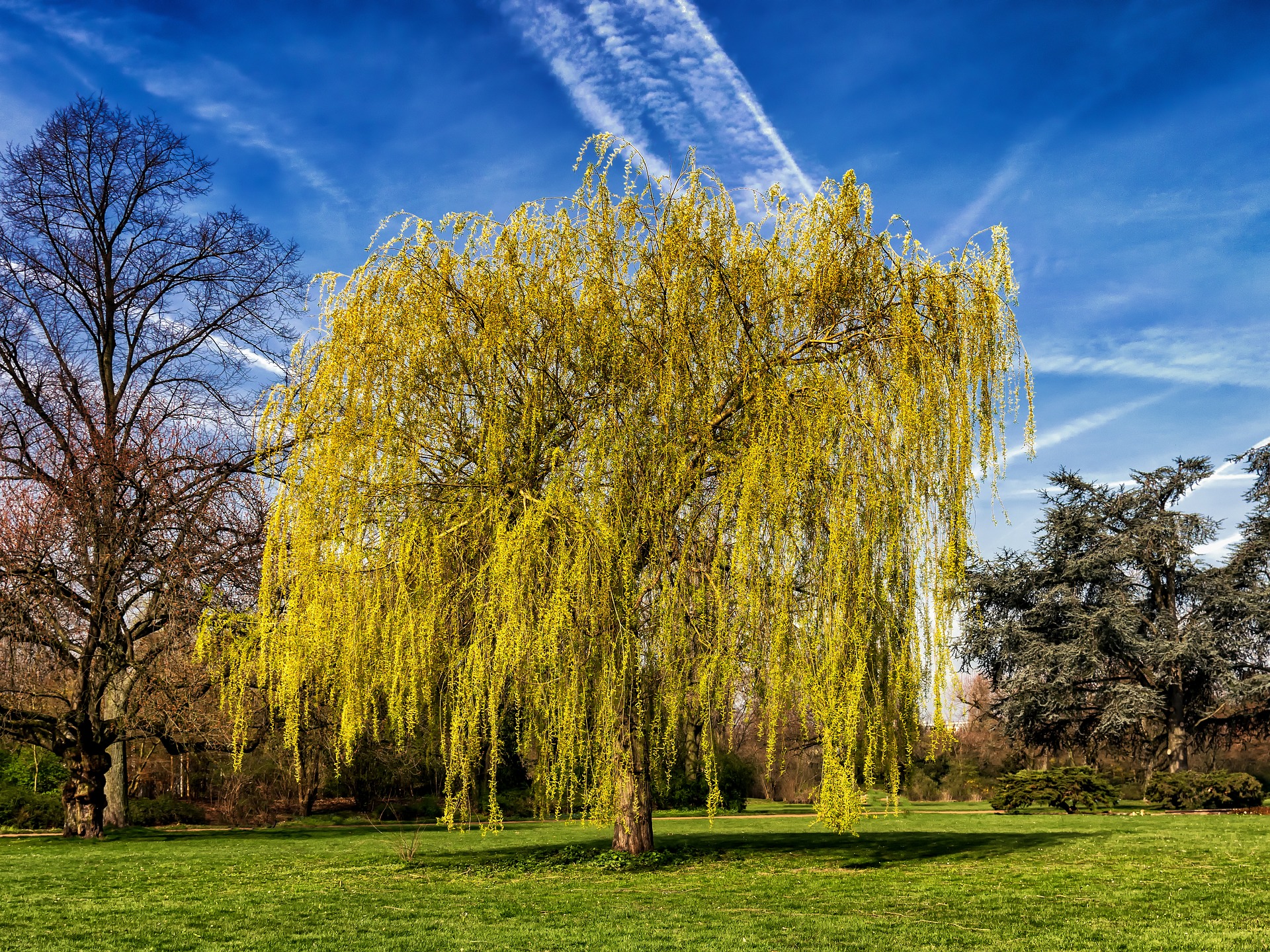
He took her in his arms without saying a word. Then he put her in front of him on his horse. Together they rode for a long day. They hardly talked along the way but looked into each other’s eyes constantly. They were not bothered by the heat or the cold. They didn’t feel the sun or the rain on their skin. They did not think about what was true or what was not true. They forgot their childish piety, they forgot Lord Noto’s quest, they forgot their honor, promises, and words. They only knew that their love for each other existed.
Finally, they arrived in an unknown city where they stayed. Tomodata wore gold and jewels in his belt. With that, they could buy a house of white wood, scattered with mats. In every dim room, the sound of the garden waterfall could be heard. Swallows fluttered around in the garden. Now they lived together here. That was all that mattered. So they spent three happy years. These years were like garlands of sweet flowers for Tomodata and Green Willow.
In the autumn of the third year, when they went out to the garden together at dusk to look at the full moon, Green Willow began to tremble and shake. “My beloved,” said Tomodata, “you are trembling and shivering. That’s no wonder, the night wind is chilly. Come, let’s go inside.” He put his arm around her.
Then she let out a long and pitiful scream, very loud and full of fear of death. After her scream, she fell down with her head on her lover’s chest. “Tomodata,” she whispered, “say a prayer for me, I am dying.”
“Oh, don’t say that, my Love, my Love. You are just tired and have fainted.”
He carried her to the edge of the stream where irises grew as big as swords and lotus leaves were as large as shields. He washed water over her forehead and said, “What is it, my love? Look up and live.”
“The tree,” she groaned, “the tree…they have cut down my tree. The Green Willow.” Then she slipped away from his arms. He threw himself to the ground but found only her warm and lovely silk clothing and her straw sandals with scarlet straps.
In the years that followed, when Tomodata became a holy man, he traveled on foot from shrine to shrine and acquired many services.
One time, at dusk, he found himself on the lonely heath. To his right, he saw a small hill with the sad ruins of a poor cottage with a thatched roof. The door swung back and forth with a broken latch and creaking hinge. In front of the cottage stood three old stumps of willow trees that had long been cut down.
Tomodata stood still for a long time. Then he whispered to himself:
“Long-haired Beauty, do you know that I Must go again with the red dawn? Do you wish me far away? Cruel long-haired Beauty, tell me If you know that I must go with the red dawn, Why, oh why do you blush?”
“Ah, foolish poem. May the gods forgive me…I should have recited the holy sutra for the dead,” said Tomodata.


